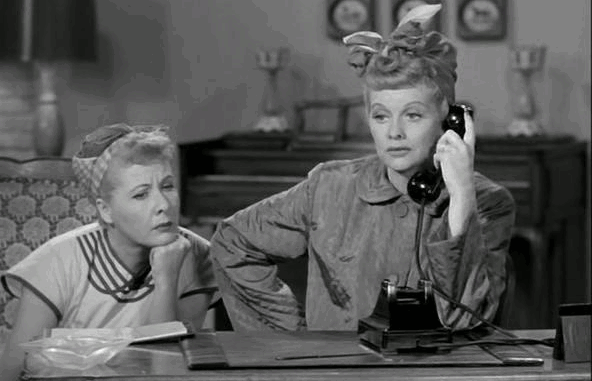
Beyond its laughs, I Love Lucy broke significant cultural ground. It was the first show to feature a Latino actor (Desi Arnaz) in a leading role and one of the first to depict a pregnancy on television. When Lucille Ball became pregnant in real life, rather than hiding it as was typical in the 1950s, the writers incorporated it into the storyline—though the word “pregnant” itself was never spoken on air.
The 1953 episode “Lucy Goes to the Hospital,” which aired the same day Ball gave birth to her son Desi Jr., was watched by over 44 million viewers—more than the inauguration of President Eisenhower. This shattered ratings records and demonstrated the cultural power of television.
In addition, I Love Lucy gave space for topics like gender roles, cultural misunderstandings, and the challenges of balancing ambition and family, all under the veil of comedy. The show was decades ahead of its time in addressing issues that remain relevant.
Even now, more than 70 years later, I Love Lucy continues to air globally, a testament to its universal themes and groundbreaking storytelling.
